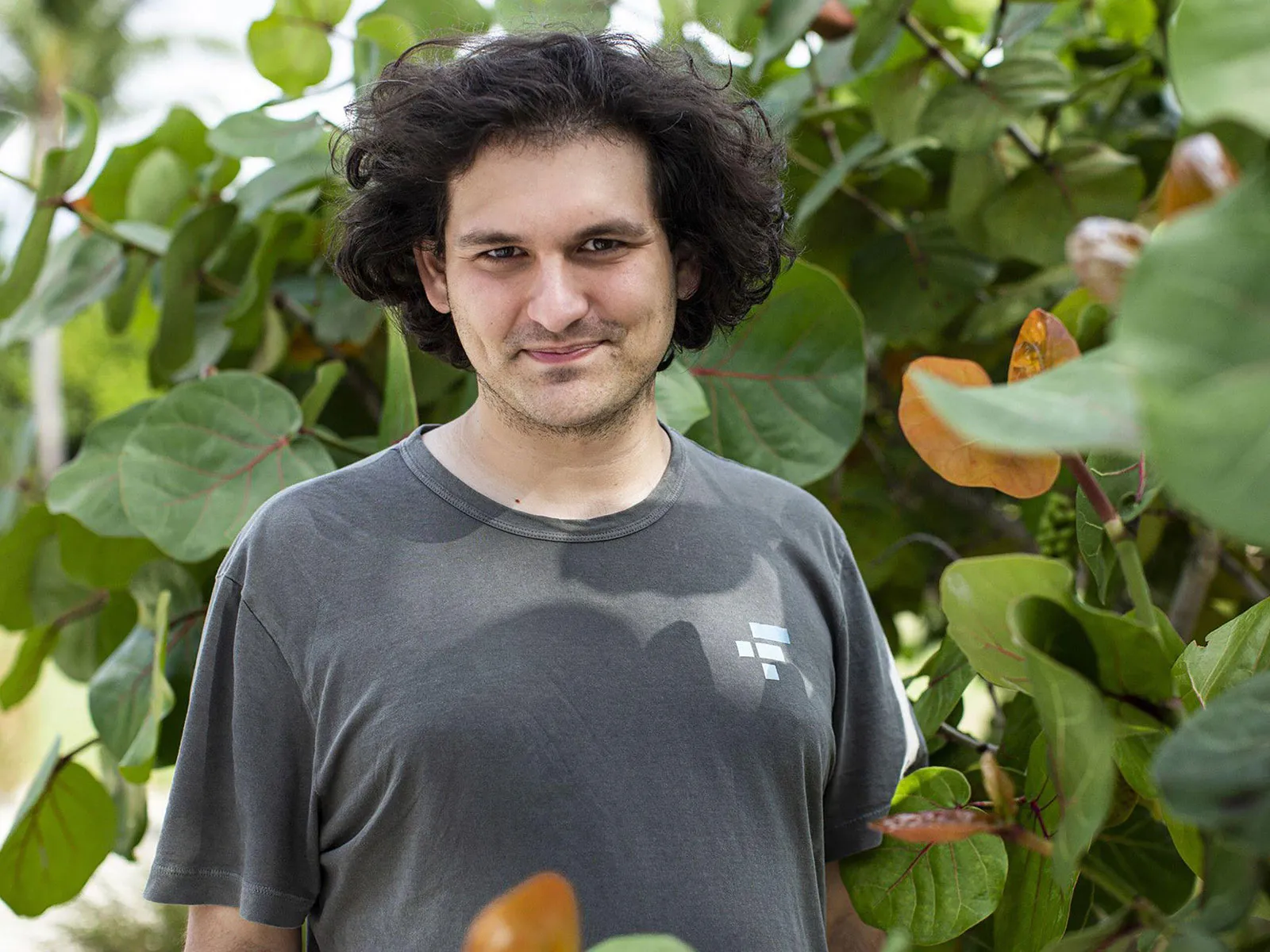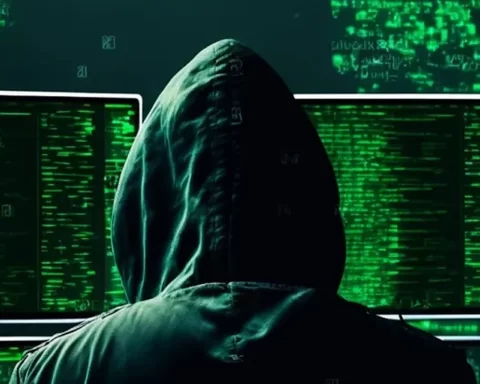In the ongoing fraud trial of Sam Bankman-Fried, prosecutors have taken a significant step by requesting the judge to clarify to the jury that the defendant’s claim of being an effective altruist should not serve as a valid defense.
Bankman-Fried stands accused of embezzling billions of dollars from FTX customers for personal purposes, including political contributions, real estate investments, and other ventures.
In a letter submitted to the court, the prosecution pointed out that Bankman-Fried’s legal team has attempted to argue that he should not be charged with fraud because he intended to reimburse customers through strategies like FTX’s growth and profitable investments.
However, the prosecution strongly contends that this line of argument lacks relevance and does not absolve him of the serious fraud allegations he faces.
Bankman-Fried’s defense strategy has been centered around portraying him as a philanthropist deeply committed to creating a positive global impact.
They argue that his support for effective altruism, a philosophical movement that advocates for impactful ways of helping others, such as charitable donations or pursuing meaningful careers, reflects his underlying motivations.
The prosecutors, on the other hand, maintain that effective altruism cannot serve as a valid defense against fraud.
READ MORE:Coinbase’s Chief Legal Officer Urges Cryptosphere to Oppose Proposed U.S. Tax Regulations
They describe it as an “unconventional philosophy regarding the ethics of deception and theft” and assert that it has no bearing on the necessary mental state (mens rea) required for committing fraud.
The trial, which is currently in its third week in New York, has featured several key witnesses presented by the prosecution. These witnesses include Caroline Ellison, former CEO of Alameda Research; Nishad Singh, former engineering chief of FTX and Alameda; and Gary Wang, a co-founder of the now-defunct FTX.
According to their testimonies, Bankman-Fried directed them to acquire funds from FTX customers without their knowledge or consent for purposes unrelated to FTX’s regular operations.
Furthermore, they contend that Bankman-Fried was well aware of the potential risks and consequences of his actions and actively concealed them from regulatory authorities, auditors, and the public.
The prosecution has backed up these claims with a trove of evidence, including emails, messages, spreadsheets, and bank records that expose the extent of Bankman-Fried’s deceptive scheme.
The trial is approaching its conclusion, with the finalization of jury instructions expected next week, followed by closing arguments. Subsequently, the jury will begin deliberations to determine the legal fate of Sam Bankman-Fried.
Other Stories:
Binance.US Shifts Withdrawal Options, Encourages Users to Convert USD to Crypto
Explosive Growth in Ethereum Liquid Staking Derivatives Finance (LSDFi) Ecosystem




